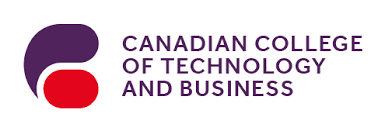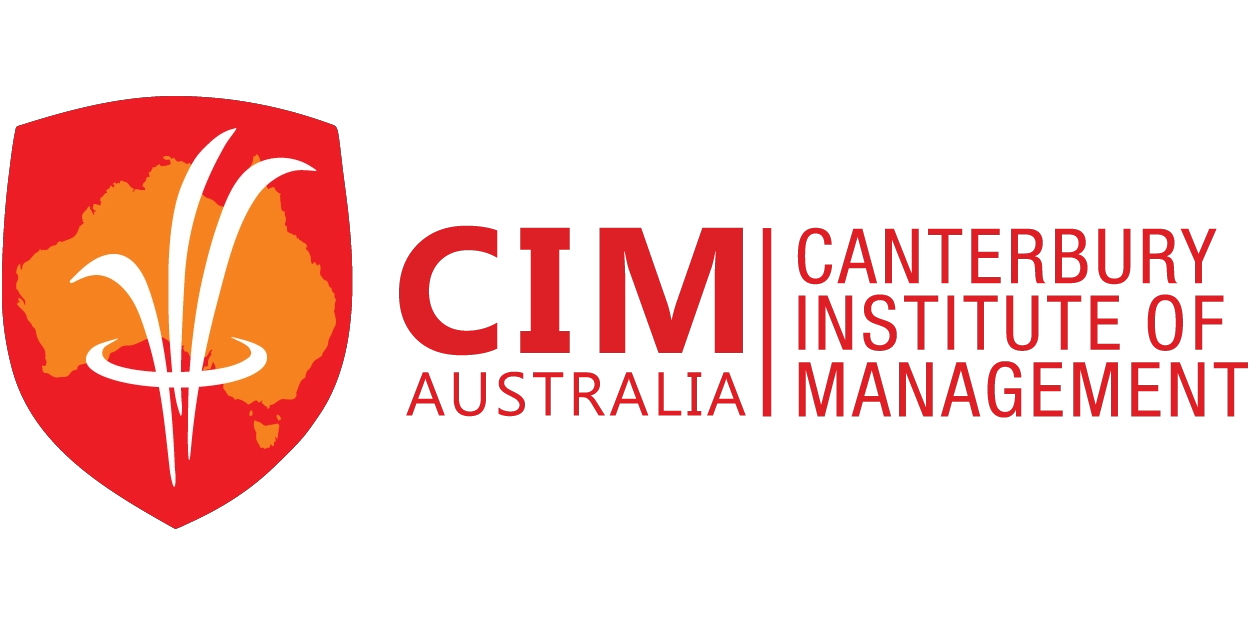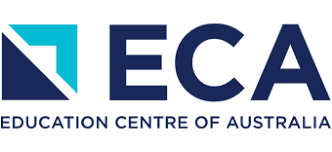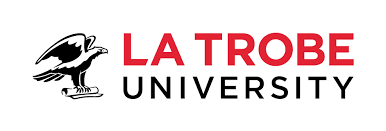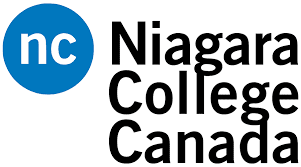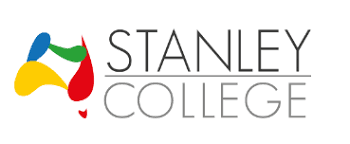
About IC University of Applied Science
Located in Amsterdam, IC University of Applied Sciences is a private institution specializing in Business Administration studies. Founded in 1979, they boast a long history of expertise in the field. Offering Bachelor’s and Master’s programs, their unique curriculum emphasizes cutting-edge, global perspectives that encourage innovation and disruption. With strong accreditations and partnerships, IC equips students with the skills and knowledge to thrive in a dynamic business environment. They pride themselves on providing a personalized experience, preparing graduates for successful careers in the international business world.
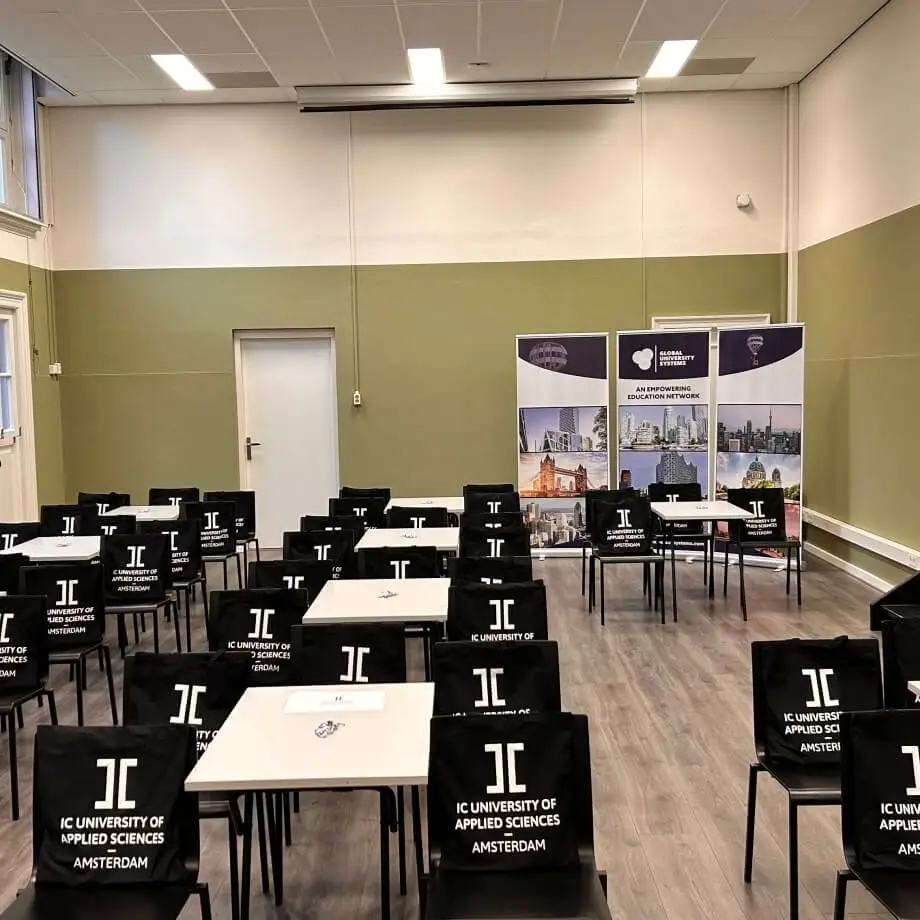
Academic Entry Requirements
Campus Location
Location
Passeerdersgracht 23, 1016 XG Amsterdam, Netherlands





